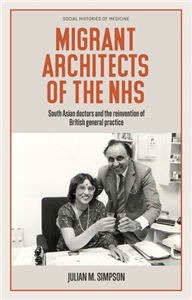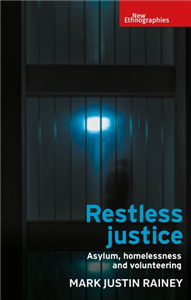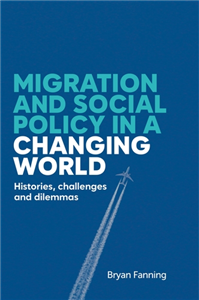Citizenship, identity and immigration in the European Union
Between past and future
by Theodora Kostakopoulou
European citizenship, identity and immigration are constitutive issues facing the European polity and have important consequences for domestic political systems. There has been a great deal published about citizenship within the setting of the nation-state and comparative immigration policies, but relatively little has been written on their theorisation in a post-national, post-statist context, such as the EU, and on alternative European institutional designs. Now available in paperback, this volume blends normative political theory with European integration, and develops an original theoretical framework for European Union citizenship, identity and immigration as well as a set of policy proposals for institutional reform. Challenging the conventionally held views in these areas, the author argues that a constructive model of European citizenship and identity is vital to the construction of a democratic, heterogeneous and inclusive European polity. The book will appeal to academics and political actors concerned with issues of European governance as well as to undergraduate and postgraduate students of European politics, European integration, European Union Law, political theory and sociology.























